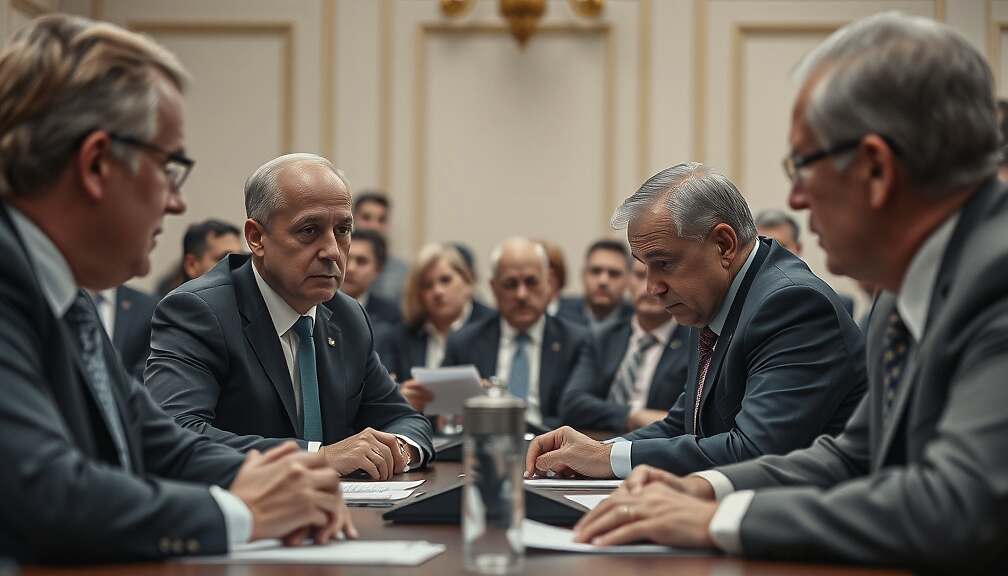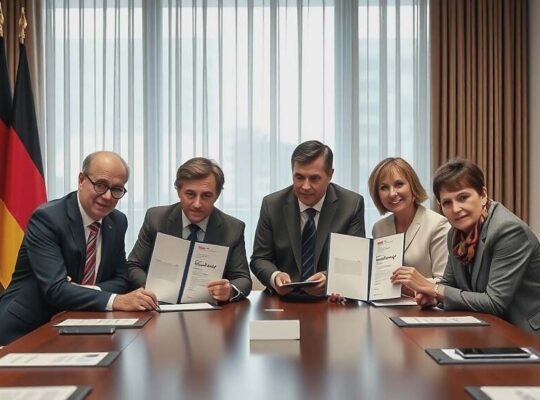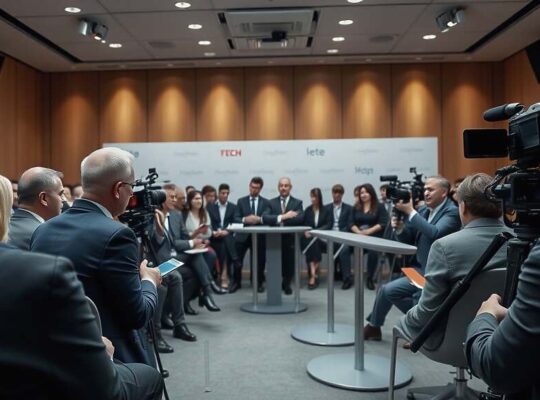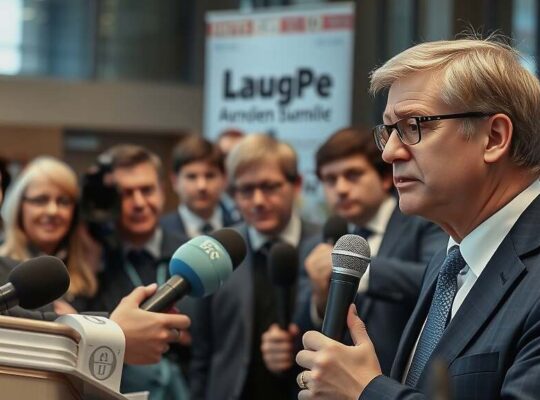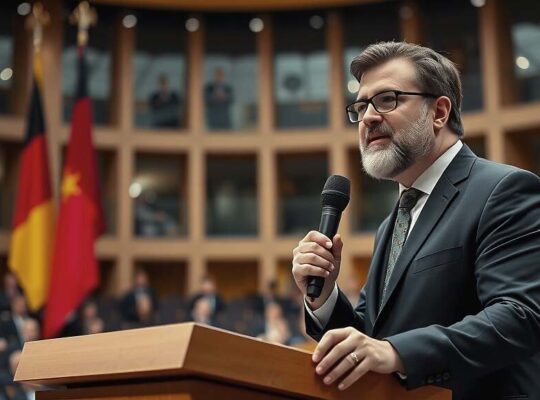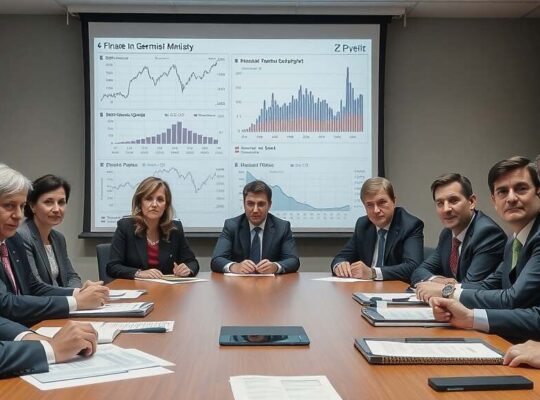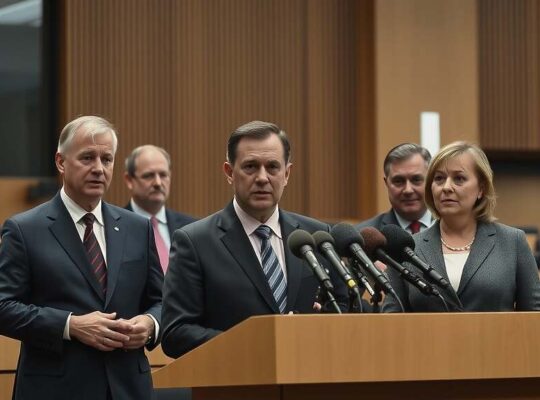A potential disagreement is brewing within Germany’s governing coalition regarding fiscal policy. Discrepancies have emerged following remarks by Federal Finance Minister Lars Klingbeil (SPD), who signaled openness to tax increases given significant shortfalls in financial planning.
The Union faction has firmly rejected any consideration of tax or levy increases. Mathias Middelberg, Deputy Chairman of the Union parliamentary group, stated to “Handelsblatt” that such measures are “generally not a sensible option”. He argued that Germany faces an “expenditure problem” not a revenue shortfall, emphasizing the need for “structural reforms and savings” instead.
The SPD, however, has reaffirmed Klingbeil’s position, highlighting concerns about a widening budget gap and increasing wealth inequality. Wiebke Esdar, Deputy Chairman of the SPD parliamentary group, told “Handelsblatt” that the question of how substantial assets and inheritances could contribute more to the common good needs to be addressed. She specifically mentioned potential tax increases for the “super-rich” as a matter of fairness, a topic she indicated would be discussed with the Union.
Economists adhering to the Ordoliberal school of thought have voiced criticism of potential tax increases, warning that they could negatively impact economic growth. Clemens Fuest, President of the Ifo Institute, pointed out that the percentage of GDP dedicated to government spending (the “state ratio”) has already increased substantially compared to 2019, currently standing near 50 percent. He argued this supports limiting spending and avoiding tax hikes.
Financial scientist Thiess Büttner echoed this sentiment, suggesting that given Germany’s already competitive position in terms of tax and levy burdens, consolidation and the promotion of growth through structural reforms are paramount.
Former economic advisor Lars Feld, who also previously consulted for former Finance Minister Christian Lindner (FDP), similarly believes that ample opportunities for savings exist. He argued that with a state ratio exceeding 50 percent, sufficient room for maneuver exists on the expenditure side, requiring only political will for consolidation.


